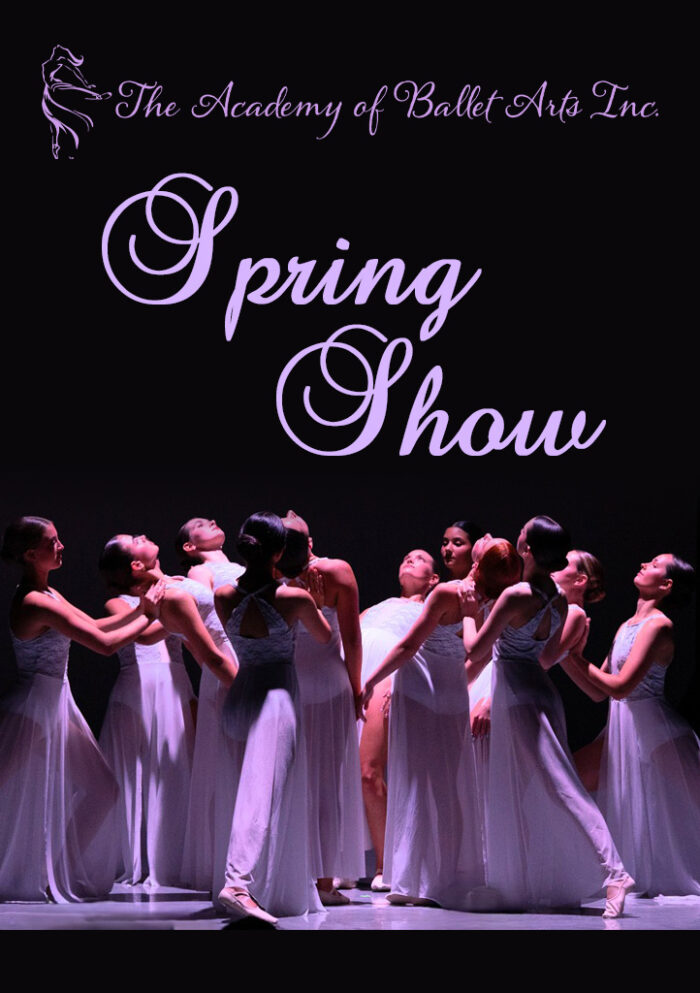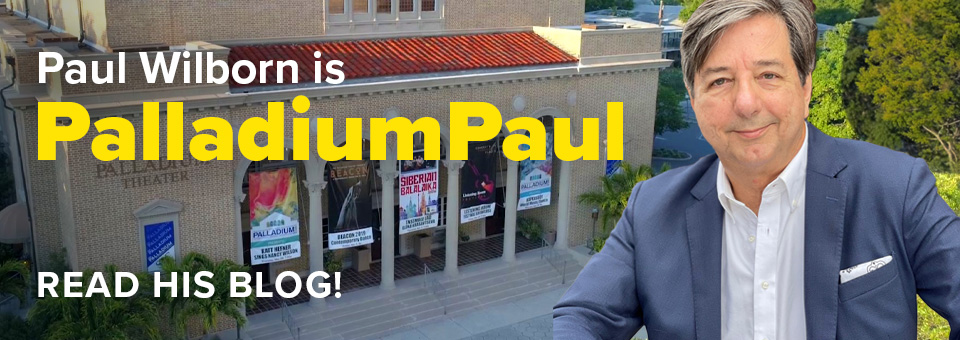This summer my family and I visited the Franklin Roosevelt house in Hyde Park, N.Y. and one of the highlights was seeing video of Marian Anderson’s performance on the national mall. Eleanor Roosevelt was instrumental in organizing that concert after Anderson, a black soprano, was denied permission to perform in a Washington D.C. theater.
So all of us at the Palladium are particularly pleased to partner with the Dr. Carter G. Woodson African American Museum in St. Petersburg to present an afternoon of classical performances by African American artists. The memorial concert will happen at 4:30 on Sunday at the Palladium, with a brief opening number on the steps and a full program on-stage in Hough Hall.
The TB Times previewed the program and I’ve included that preview below.
For on-line tickets and information on Classic Black, please follow this link. Tickets will also be available at the door. To read the TB Times full story, please follow this link.
Here’s the story from Thursday’s Tampa Bay Times:
By Waveney Ann Moore/TB Times
ST. PETERSBURG — Eighty-years after famed contralto Marian Anderson was forced to sing outdoors at the Lincoln Memorial because she was denied the concert stage at Constitution Hall, a program in St. Petersburg will pay her tribute.
A concert Sunday will begin on the steps of the Palladium, with Siobhan Monique Roland, a graduate of the Gibbs High School Pinellas County Center for the Arts and the University of South Florida, singing My Country, ‘Tis of Thee.
It’s the song that Anderson opened her performance with on April 9, 1939.
For a short while Sunday, the road in front of the Palladium at 253 Fifth Ave. N will be closed to traffic as Roland opens the program. (She will also appear as a soloist during the staged portion of the program.)
It will be “very special” to be able “to pay homage to one of the greatest singers that ever lived,” the St. Petersburg singer said. “She handled racism and hatred, not only with love, but with grace.”
Anderson was not allowed to perform at Constitution Hall, owned by the Daughters of the American Revolution, because she was black. With the help of First Lady Eleanor Roosevelt, Anderson was able to secure the Washington Mall venue. Roosevelt, a nominal member of the DAR, resigned from the organization. The performance drew 75,000 people, with millions more listening on the radio.
Terri Lipsey Scott, executive director of the Dr. Carter G. Woodson African American Museum in St. Petersburg, organized Sunday’s tribute program, Classic Black: Celebrating Black Classical Performers.
“I decided that because it was the 80th year, I didn’t want the year to pass without recognizing the beginning of what is considered the beginning of the civil rights movement,” Scott said. “It’s important to me that we recognize where we were and more importantly, where we are today.”
The program will feature classically trained African-American musicians. Besides Siobhan Monique, they will include Mary Corbett, Carlos Walker, John Lamb, Taylor-Alexis Dupont, Carolyn Hobbs, Fred Johnson, Jamal Sarikoki, Maiya Stevenson and Gregory Sheppard.Sheppard, who has sung extensively in Europe, Canada and the U.S., began his career 30 years ago with the Syracuse Symphony. “I am really happy to be a part of this. Marian Anderson, her life and career are what made it possible for so many African-American singers,” said Sheppard, a professor of music at John Jay College of Criminal Justice in New York and instructor of voice at Columbia University.
Hobbs, co-founder of the Alumni Singers, echoed Sheppard’s observations. “She not only in her own quiet way fought for civil rights, she paved the way for so many of us and what we’re doing,” she said.
Ray Arsenault, John Hope Franklin Professor of Southern History at the University of South Florida St. Petersburg and a founding board member of the Woodson Museum, described Anderson as “the Jackie Robinson of classical music.”
“In 1937, she was to perform at Princeton and was to stay the night at the Nassau Inn. They turned her away because she was black. Someone saw what was happening and called Albert Einstein and he rushed over to invite her to stay,” said Arsenault, whose book, The Sound of Freedom: Marian Anderson, the Lincoln Memorial, and the Concert that Awakened America, will be the basis of a PBS American Masters documentary.
Anderson’s Washington Mall concert “gave a glimpse of a more tolerant future and, for a brief moment, it showed what America could be at its best, if it lived up to its ideal of liberty and justice for all,” Arsenault said. “It becomes this amazing moment in the long struggle for civil rights in America.”








Leave a Reply